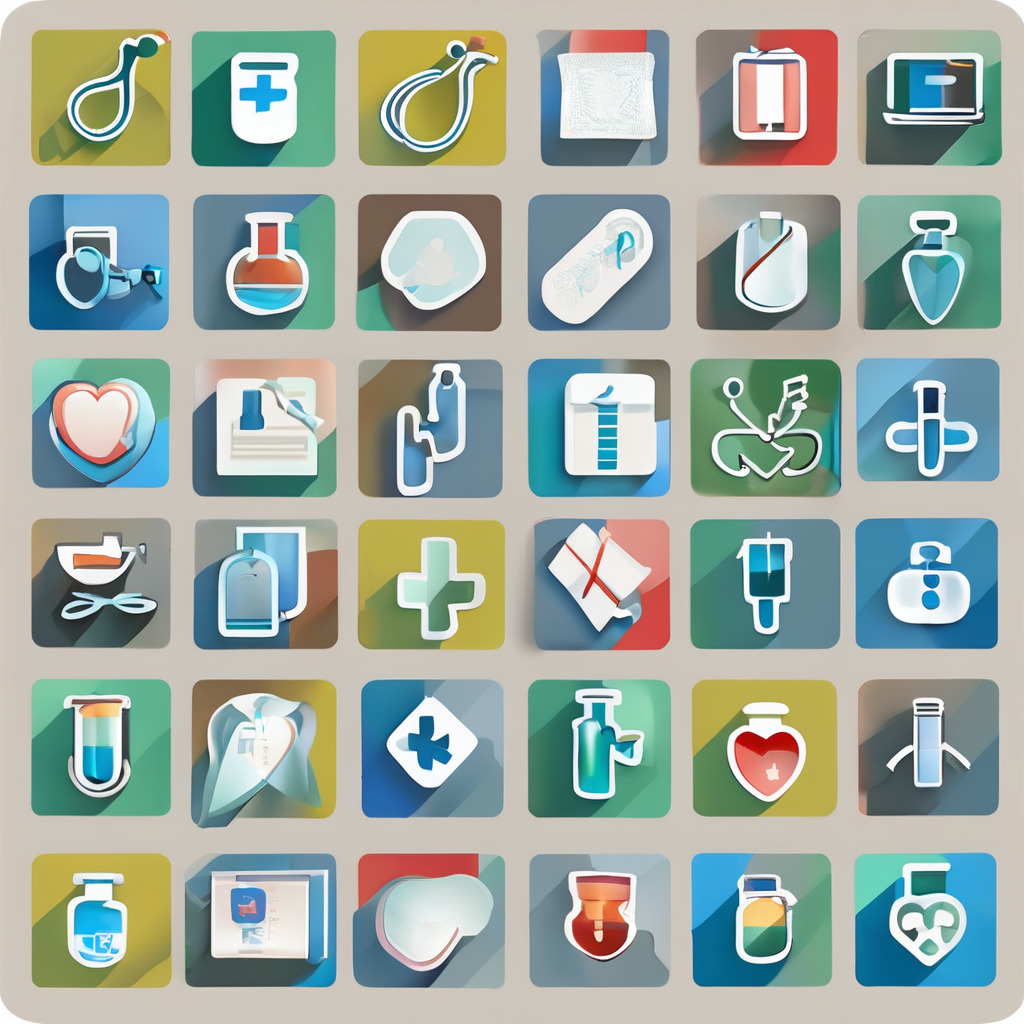Medication Management for Long-Distance Travel
Proper medication management is crucial for long-distance travel, especially for those on chronic medications. Planning medication schedules in advance is key. Adjusting the dosage timing to a new time zone can prevent missing important doses. Keep a log of medication timings to maintain consistency and avoid confusion while traveling.
To keep medications organized during transit, use pill organizers or labeled zip-lock bags. This ensures easy access and helps maintain a consistent medication schedule. Also, pack an ample supply of medication in your carry-on luggage in case of trip extensions or unexpected circumstances like lost luggage. This precaution ensures that you have a backup supply readily available.
Also to see : How Can Seniors in the UK Enhance Their Longevity Through Dietary Changes?
Understanding storage requirements is also vital. Some medications, such as insulin, need to be stored at specific temperatures. Invest in travel-friendly cool bags to maintain the integrity of temperature-sensitive medications. Consult with a pharmacist for any medication that requires special handling or that might react to travel conditions.
By incorporating these medication management tips, you can ensure a smoother, safer journey. Planning and organization can significantly alleviate the stress associated with medication management during long-distance travel.
Also read : Top Oral Hygiene Strategies for Seniors: Enhancing Dental Health and Radiant Smiles
Packing Essentials for Seniors
Packing wisely can significantly enhance travel comfort and ease for seniors. Including key travel essentials is critical. Ensure that seniors have comfortable clothing and shoes to accommodate long periods of sitting, as well as necessary medical devices. Portable, lightweight CPAP machines or blood pressure monitors, for example, should be at the top of the packing list since they facilitate monitoring vital health aspects during travel. When packing such devices, ensure they are easily accessible and well-protected in padded bags to prevent damage.
In addition to medical devices, it is important to prepare and organize all travel documents. Store passports, travel insurance, and itineraries in a waterproof, easy-to-reach folder. Using pill organizers can streamline this process, ensuring the right medications are taken at the right times.
Including a personalised checklist of essentials—like eyeglasses, snacks, and water—can help maintain routine and comfort throughout the journey. Consider the accessibility needs of the senior, ensuring the inclusion of any additional aids or supports, such as a portable wheelchair or a cane, to safely and comfortably navigate their travel experience.
Transportation Options for Seniors
Travel transportation for seniors should be both comfortable and accessible. Various senior-friendly options make journeys smoother. Booking assistance for accessible transportation services can greatly facilitate travel planning. Whether taking a train, plane, or bus, look for features like priority seating or additional support for those with mobility issues. Airlines often provide assistance for boarding and deplaning, while trains might offer special cabins designed for easy access.
When selecting transportation, consider factors like travel time and comfort. Accessible transport options should accommodate any special needs. Ensure the availability of ramps or lifts for wheelchairs and check for spacious seating. Public transportation, like buses, often comes equipped with low-floor entries providing an easier transition for seniors.
Additionally, some travel agencies specialize in senior-friendly trips, offering complete packages. These often include logistics for smoother travel experiences. It’s important to ask questions and confirm necessary arrangements, ensuring comprehensive support throughout the journey. Prioritize these thoughtful considerations to make travel seamless and stress-free for seniors, ensuring they stay safe and comfortable at all times.
Health Considerations When Traveling
Maintaining health is fundamental for seniors on the move, and pre-travel check-ups are critical. These allow for thorough assessments, ensuring that chronic conditions are stable and managed effectively during travel. Consulting with a healthcare provider can tailor a suitable travel plan and address specific concerns. Seniors should acquire necessary travel vaccinations and renew medications as part of these preparations.
Managing existing health conditions en route is paramount. Keep an updated list of medications and dosages readily available. Some apps help track medication intake and keep medical history organized. Additionally, allowing time for rest, particularly during long journeys, supports overall well-being. Seniors should also be mindful of their dietary intake by incorporating nutritious meals and snacks into their travel routine.
Staying properly hydrated is crucial while traveling, especially for seniors, to prevent fatigue and discomfort. Carry a reusable water bottle and sip frequently. Look out for signs of dehydration such as fatigue and dizziness, and act promptly. Paying attention to personal health needs can substantially enhance the travel experience. Through careful planning, seniors can manage their health comfortably while venturing.
Resources and Support Services
Navigating travel can be challenging, yet resources and support services for seniors can make the journey seamless. In the UK, a variety of organizations provide invaluable assistance for senior travelers. Age UK offers guidance and resources, facilitating travel plans and managing potential challenges. They provide helplines for real-time support, ensuring questions and concerns are addressed promptly.
Online platforms also serve as comprehensive hubs for travel planning and medication management. Websites dedicated to senior travel provide travel tips, packing advice, and strategies for managing medications effectively. These platforms often include user reviews and forums for shared experiences, assisting in informed decision-making.
While traveling, establishing reliable emergency contact strategies is a vital safety precaution. Seniors should carry a detailed contact list with numbers for family, friends, and medical providers. Learning how to use local emergency services is equally critical, adding an additional safety layer.
Accessing these resources not only enhances knowledge but also builds confidence for senior travelers, equipping them to handle unforeseen circumstances with greater ease and assurance.




